Developing a comprehensive database of historical and geographical trends and patterns of communal conflicts observed in the dry zone
Recognizing and resolving resource-based conflicts
October 5, 2022
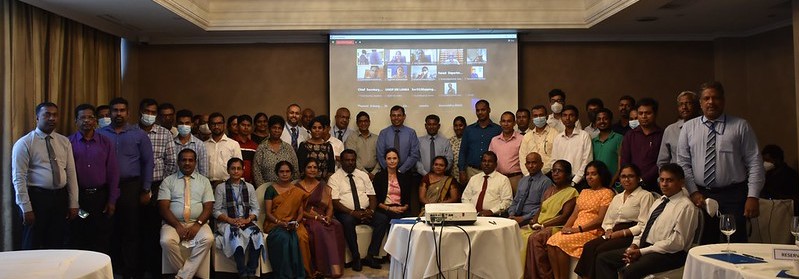
Pictured here: All participants at the event
“This project is a true mirror of bringing all our work together across environment, governance, climate work and social cohesion. It is a new project, as I mentioned, but one that I think we can do more with.”
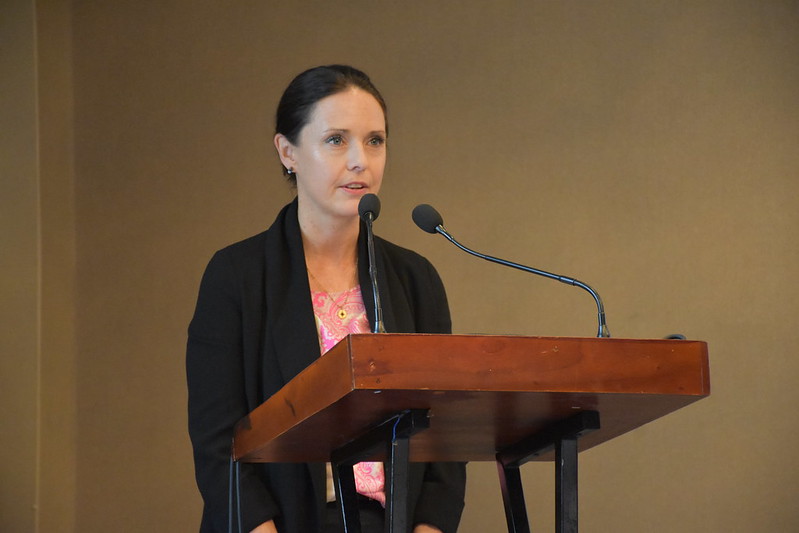
Ms Malin Herwig, Officer in Charge, UNDP in Sri Lanka addressing the gathering
Officer in Charge of UNDP, Malin Hedwig made these comments at the workshop recently organized under the UNDP project ‘Early identification of the drivers of environmental-resource-based communal conflicts for preventive action in Northern and Eastern Provinces’.
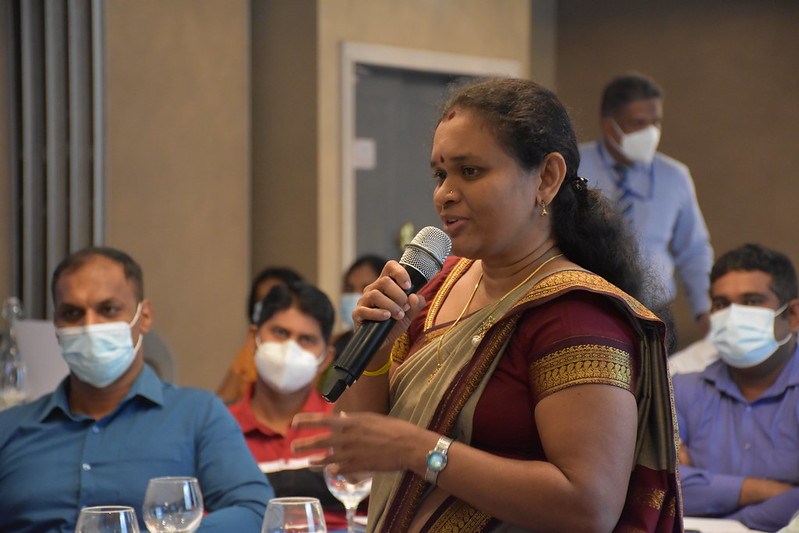
The project seeks to develop a platform to identify and respond to constraints in water and land-related resources and accessibility that could lead to communal tensions and conflict in the dry zone of Sri Lanka. The project is being implemented as a pilot in the Vavuniya, Trincomalee and Batticaloa districts and is expected to be expanded to other districts through future interventions. In this regard, UNDP has partnered with the International Union for Conservation of Nature (IUCN) to first develop a comprehensive database of historical and geographical trends and patterns of communal conflicts observed in the dry zone and a mobile application for recording future incidents. UNDP has also partnered with three civil society organizations to identify potential interventions that could mitigate water and land-induced conflicts in the selected districts.
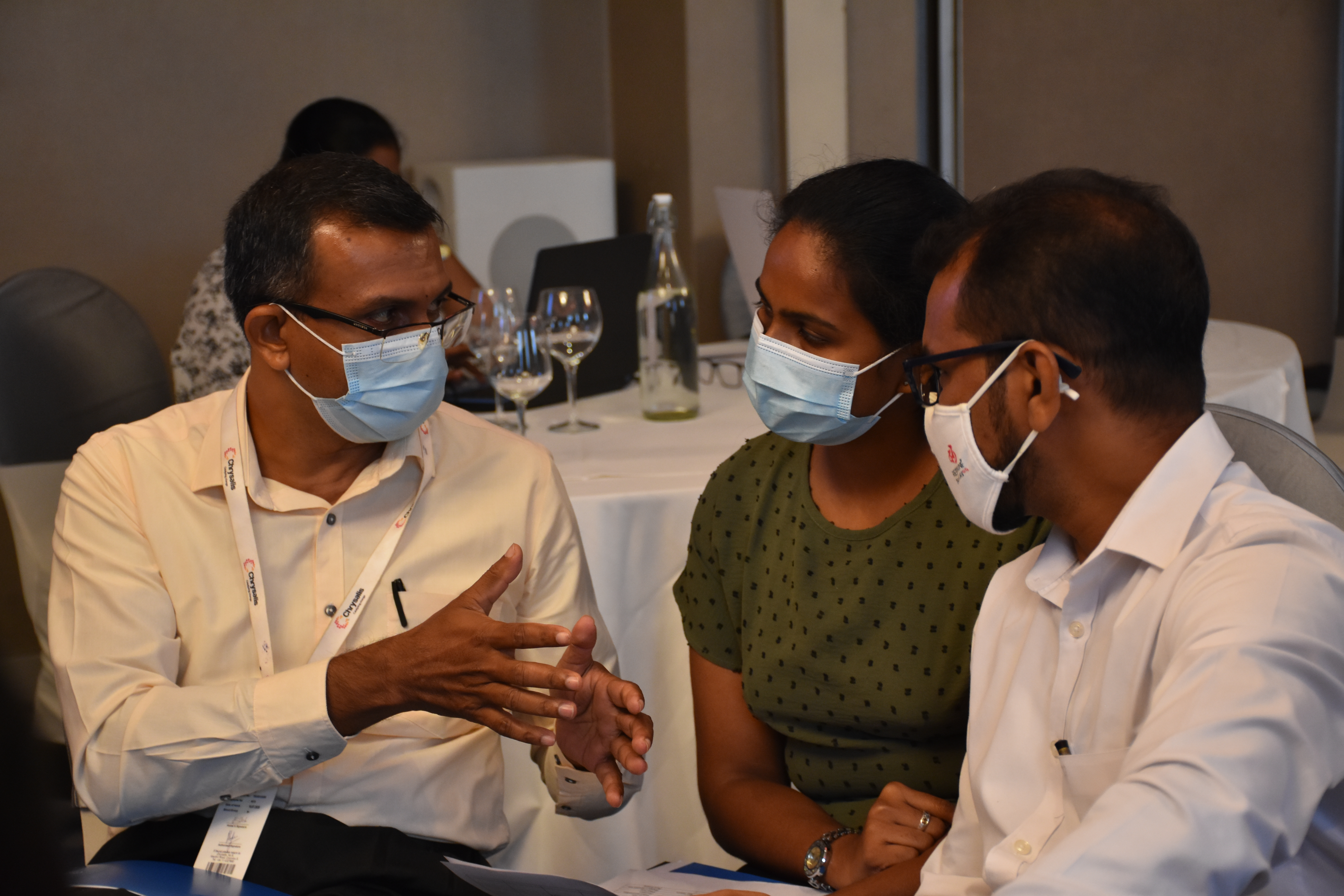
As part of the intervention, a community of practice was formed by IUCN in collaboration with UNDP with the participation of government stakeholders and civil society partners. At the first session held on 23rd August, the participants were introduced to the project and its objectives, followed by an introduction to the IUCN-UNDP database, mobile application and the activities being implemented by the partner civil society organisations.
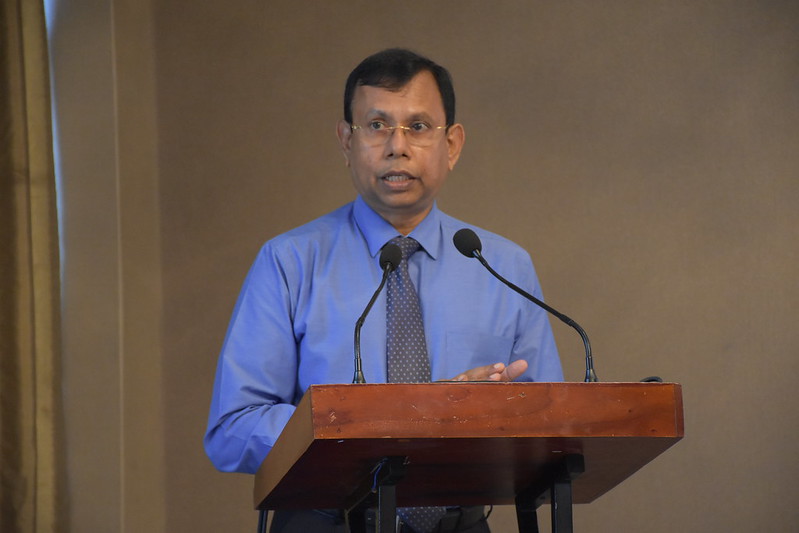
Dr Ananda Mallawatantri, IUCN Country Representative and the Team Leader, Environmental Conflict Mapping Through GIS And Historical Event Data Collection and Analysis Assignment
Dr Ananda Mallawatantri, IUCN Country Representative and the Team Leader, Environmental Conflict Mapping Through GIS And Historical Event Data Collection and Analysis Assignment, provided an introduction to the project. Lt Col Rasika Kahandagamage from the IUCN team gave an introduction to the early warning tool developed and mobile application which can be used to feed information to the database. The mobile application can be used by officials on the ground to report incidents of water and land-related conflicts.
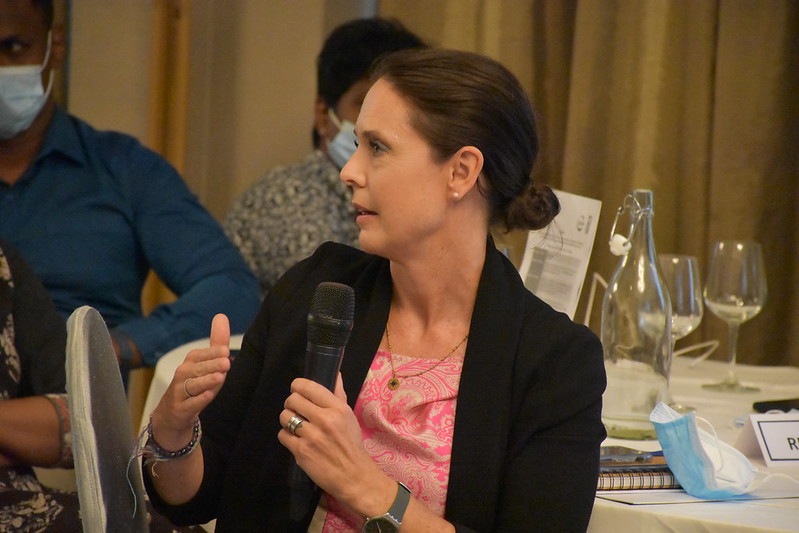
Three civil society organisations; Janathakshan, Sarvodaya Shanthi Sena and Chrysalis are also working on community interventions under this project. Janathakshan is carrying out a project to establish water sharing systems at selected villages in the Trincomalee district, and strengthen women-led value-added production processes for farmer’s products. Sarvodaya Shanthi Sena is working in the Vavuniya district; activities include helping communities in selected villages overcome water constraints by implementing a development initiative in collaboration with a private sector partner. Chrysalis is engaging in creating dialogues between communities, CSOs and government stakeholders around the drivers of environmental resources-based conflicts in selected areas in the Batticaloa district.
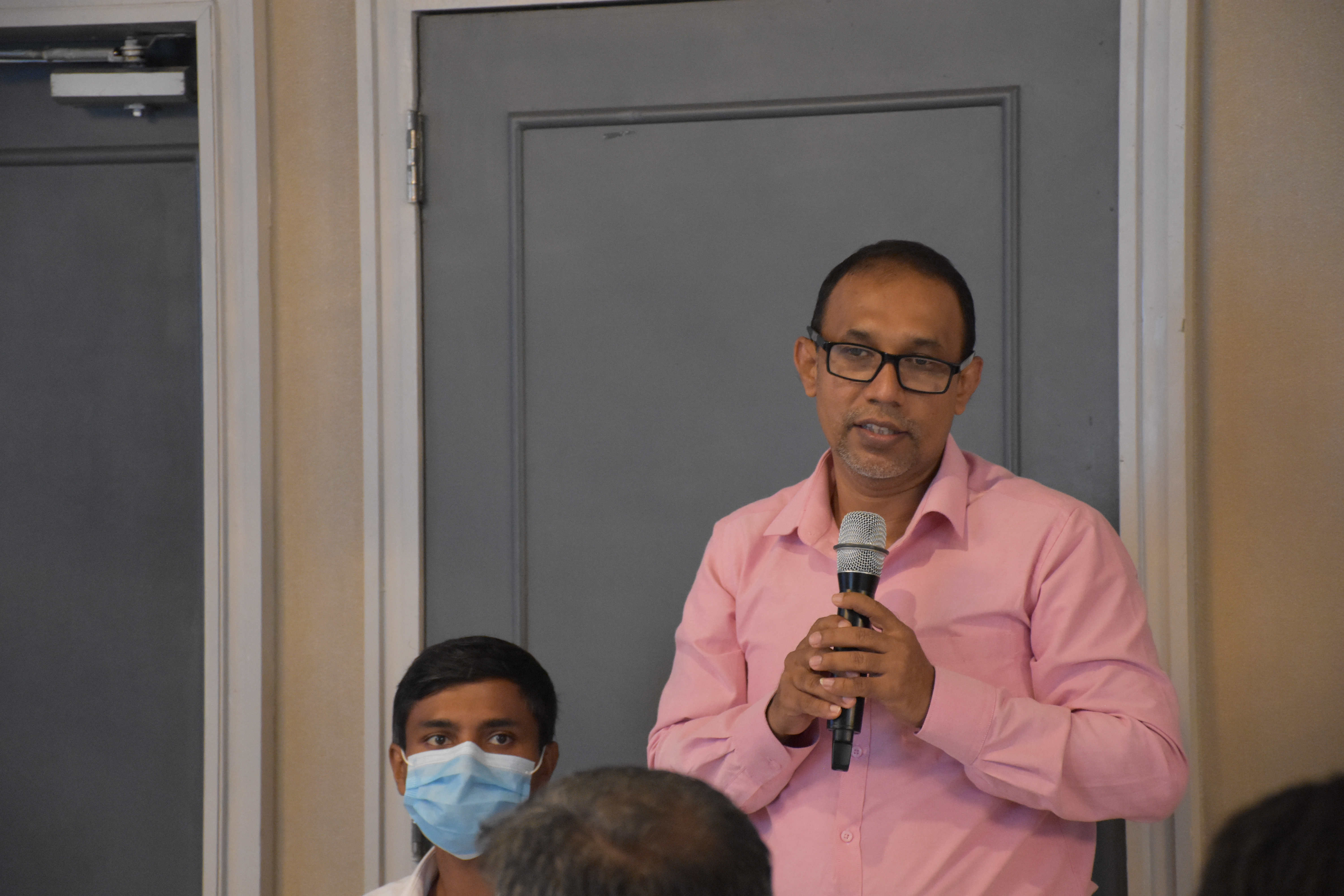
An active discussion followed the presentations with government officials from the Vavuniya, Batticaloa and Trincomalee districts providing their feedback and comments on the planned activities. It was noted that as this is a pilot project, the learnings from these discussions would be extremely useful in planning future interventions. The next follow-up steps under this intervention will include field-based training on data collection and verification through the mobile app, revisiting geographic heat maps, populating the database with historical data and sharing of the first analytical report among the participants.

 Locations
Locations